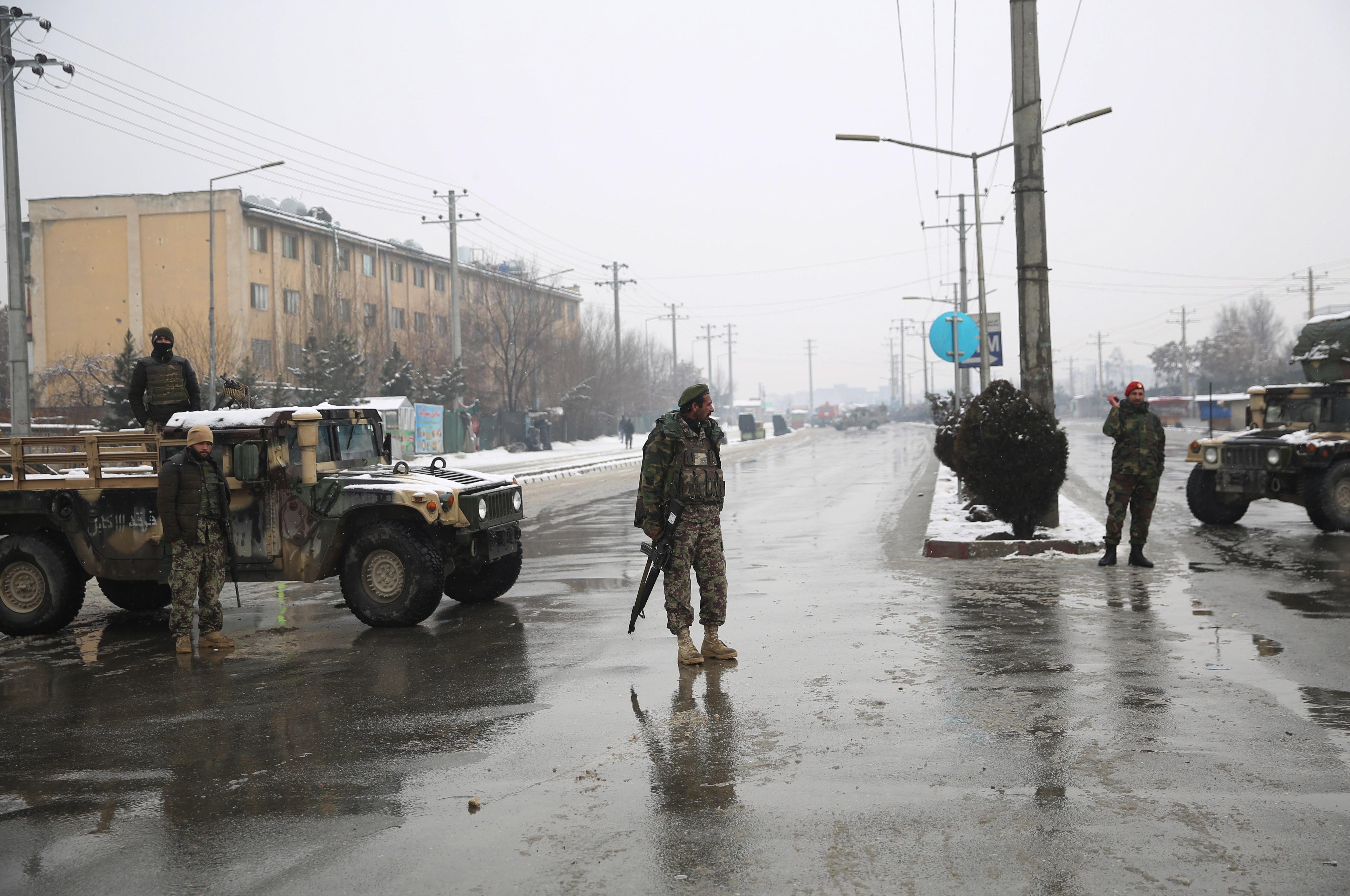Will the US-Taliban deal bring peace to Afghanistan?
- By Sajjad Malik
 0 Comment(s)
0 Comment(s) Print
Print E-mail China.org.cn, February 24, 2020
E-mail China.org.cn, February 24, 2020

The long-awaited peace agreement between the U.S. and the Afghan Taliban seems close. According to the announcements by the U.S. administration and the Taliban, the two sides will sign the historic peace deal on February 29.
The key question for millions of Afghans, having seen nothing but war and destruction over the last four decades, is whether the agreement can bring peace, stability and much needed prosperity.
Early indications are good. The Taliban have agreed to offer a limited truce ahead of the signing of agreement. It will formally end more than 18 years of this particular American war – the longest in the U.S. history – and Western troops will start leaving the embattled country.
However, we don't know at this stage how many American soldiers will stay on to ensure that the terms of the agreement are followed – a few thousand at least.
The real search for a durable peace is to begin with the launching of an intra-Afghan dialogue in Oslo next month, which is the most crucial phase of the peace and reconciliation movement in Afghanistan. All hard questions will be on the table and rival Afghan factions and groups will grapple with the trickiest issue of how to share power.
Traditionally, Afghanistan had been ruled through a devolved system of power with the capital Kabul using powerful clan chiefs and local influential individuals to achieve obedience. However, much has changed since the introduction of constitutional democracy by the Americans.
The Taliban had been fighting against successive constitutional governments. Now, it will important to see their attitude when they are being forced to negotiate with the government they always opposed as an "American puppet."
The intra-Afghan dialogue is essentially a political chessboard where rivals will try to achieve gains through hard bargaining. The worst fear is that the process will break down under the weight of complex antagonistic interests and traditional rivalries.
The prevailing political situation of Afghanistan has compounded such fears. The result of presidential election has created new rifts. Incumbent president, Ashraf Ghani, has been declared as the winner of last year's poll. However, his rival Abdullah Abdullah has refused to concede defeat, acknowledging Ghani's victory, and this unsavory situation could plant seeds for fresh sinister developments.
There is lack of clarity about who will lead the Afghan side in the talks with the Taliban. The electoral victory of Ghani has strengthened his position but he would be weakened if he fails to gather broader support of rival politicians on the key issue of who should be included in the delegation to hold talks. The Taliban would like that Afghan government was divided so that they could make separate deals with different groups and parties.
Another moot point is if the Taliban will agree to permanent ceasefire. Apparently, they may not because it could weaken their bargaining position. Another reason for saying no is that, once their militia is demobilized, it will be difficult to reorganize them. Hence, they will like to make peace under the blazing guns of their fighters.
On the positive side, there is deep yearning for peace in Afghanistan and among all the neighboring countries.
Most importantly, the American leadership wants to extricate itself from Afghanistan, but apparently by providing a semblance of stability so that militants are not allowed to use as a future base camp. We can say that path to a lasting peace in Afghanistan is arduous but not impossible.
Sajjad Malik is a columnist with China.org.cn. For more information please visit:
http://m.91dzs.com/opinion/SajjadMalik.htm
Opinion articles reflect the views of their authors, not necessarily those of China.org.cn.
If you would like to contribute, please contact us at opinion@china.org.cn.





